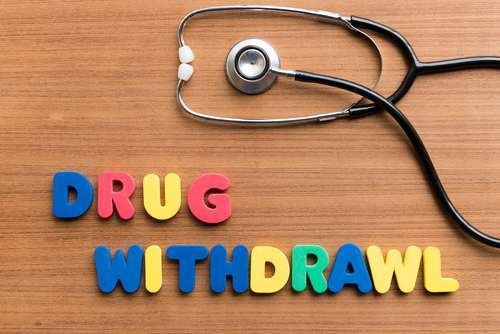Post-acute withdrawal syndrome, or PAWS, is a feeling some people experience after detox. It is often described as numbness, depression, or wild emotional swings. PAWS may begin a few weeks or months after acute withdrawal ends and it may last six months, a year, or more. The symptoms can include anhedonia, or the inability to feel pleasure, depression, insomnia, suicidal thoughts or attempts, panic attacks, cravings, memory problems, and other cognitive impairments. PAWS is a problem for many people in recovery because they take it as a signal that something is wrong or that they will always feel off unless they start using again.
PAWS is the result of the brain trying to restore the proper balance of neurotransmitters. Through prolonged use, certain neurotransmitters or their receptors are gradually reduced–or occasionally increased–to compensate for the action of the drug. The more you increase the dose of a drug because of tolerance the more your balance of neurotransmitters has changed. When you quit using, it takes some time for your brain to resume producing the right levels of neurotransmitters. This is why some people experience wild mood swings–their brains are trying to get the mix right for a stable mood. Other people are deficient in dopamine, which can cause a long period of depression or emotional numbness as their brain gradually increased its dopamine output.
How you experience PAWS depends on what drugs you quit. PAWS is typically associated with opioids, alcohol, barbiturates, and benzodiazepines. Prolonged use of alcohol or benzodiazepines reduces the level of the inhibitory neurotransmitter GABA, which typically results in insomnia and agitation. This makes people feel more stressed and act more impulsively, which presents problems in recovery. People recovering from opioid addiction often feel pain as they have gotten used to feeling no pain at all when using. Tapering down makes quitting some drugs like alcohol and benzodiazepines safer, but it doesn’t appear to reduce the symptoms of PAWS.
It’s important to be aware of PAWS and know what to expect. It’s crucial to minimise stress and manage triggers since you will be more sensitive to cravings and anxiety. Be sure to talk to your doctor or therapist about your symptoms. They may want to prescribe antidepressants at least temporarily. Although PAWS typically goes away eventually, it’s better not to try to wait it out on your own.
Castle Craig is one of the most established and respected addiction rehab centres in the UK. Castle Craig treats alcoholism and drug addiction as an illness and promote abstinence as essential for long-lasting recovery. We help patients recover through an intensive, personalised programme that combines medical treatment, 12 Step therapy, CBT and other psychiatric therapies and complementary therapies. For information, call our 24 hour free confidential phone-line: 01721 546 263. From outside the UK please call: +44 808 271 7500 (normal charges apply).



